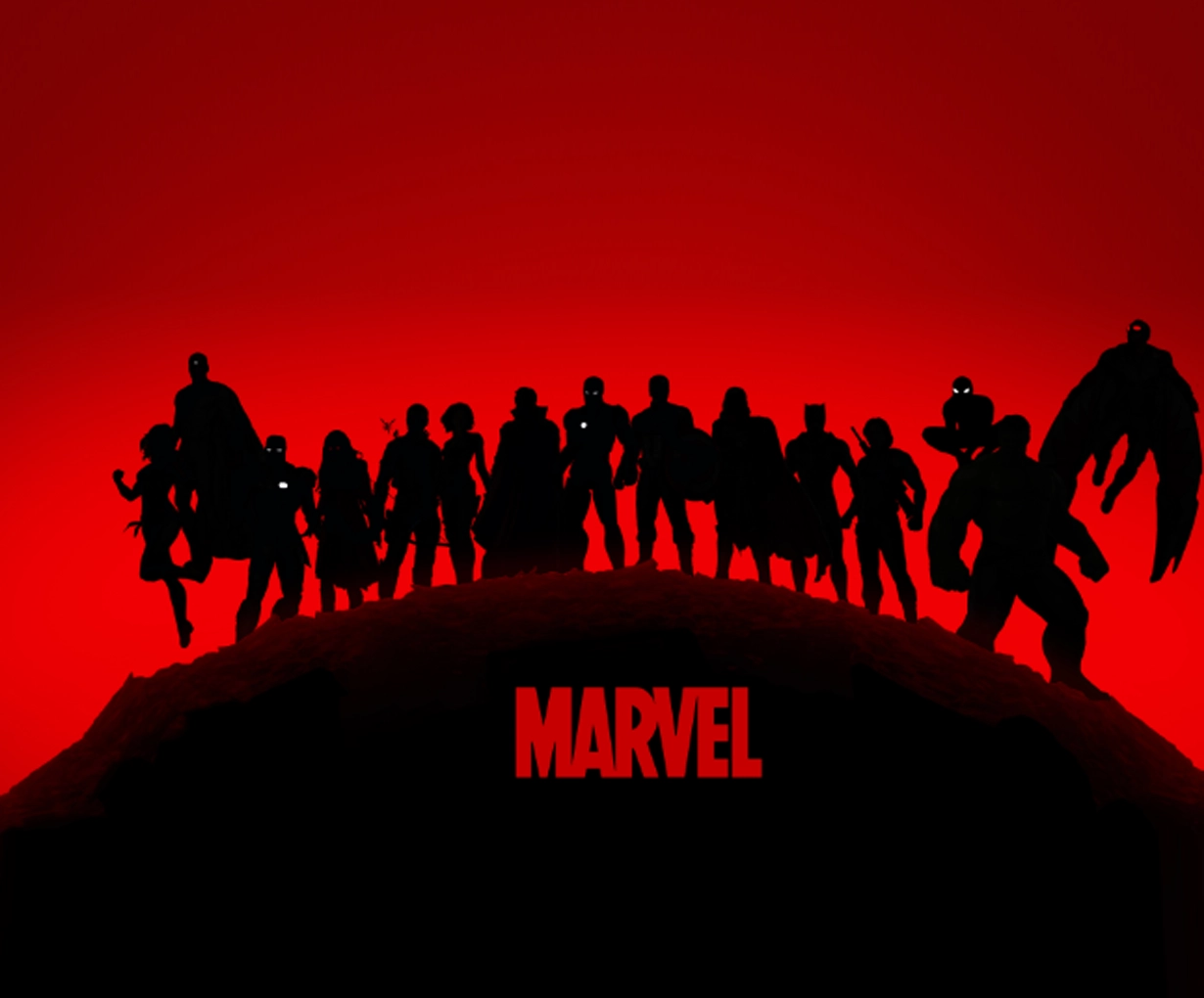Marvel’s story starts with a company called Timely Publications, founded by Martin Goodman in 1939. In the early years, the company published a variety of pulp magazines and comic books. However, in 1961, everything changed when a new creative team led by Stan Lee, Jack Kirby, and Steve Ditko began reshaping the world of superhero comics.
In 1961, Stan Lee and Jack Kirby launched The Fantastic Four, marking the beginning of what would eventually become known as the Marvel Universe. The groundbreaking thing about these new heroes wasn’t just their powers, but their flaws and humanity. Spider-Man, for example, wasn’t a perfect, god-like figure but a teenager dealing with personal struggles. This relatability marked a new direction in comic book storytelling.
Through the 1960s and 1970s, Marvel introduced more groundbreaking characters, including Thor, Iron Man, The Hulk, The X-Men, and Black Widow, with rich, interconnected storylines that often crossed over between titles. These heroes were more than just caped crusaders; they represented the hopes, fears, and dreams of everyday people.
By the late 1970s and early 1980s, Marvel’s influence expanded beyond comic books, paving the way for an eventual revolution in television and film. But it wasn’t until the Marvel Cinematic Universe (MCU) launched in 2008 with Iron Man that Marvel’s dominance in pop culture truly skyrocketed.
The Marvel Cinematic Universe (MCU): A Phenomenon Like No Other
While Marvel has always been known for its compelling characters and rich storytelling, the success of the MCU has catapulted its legacy to new heights. The MCU began with Iron Man in 2008, directed by Jon Favreau and starring Robert Downey Jr. as the wisecracking, billionaire genius, Tony Stark. The film was a critical and commercial success, but what truly set it apart was its potential for a larger connected universe.
As the MCU grew, it introduced audiences to Captain America, Thor, Black Panther, Doctor Strange, and Guardians of the Galaxy—among many others. The concept of interconnected storylines, shared universes, and characters crossing over from one film to the next was revolutionary for Hollywood. The Avengers (2012) marked the first major crossover event, and it was a colossal hit.
Over the years, the MCU continued to expand, culminating in the unprecedented two-part finale of Avengers: Infinity War (2018) and Avengers: Endgame (2019), which saw the culmination of over a decade of storytelling. These films were not just superhero blockbusters; they became cultural events, bringing millions of fans together and offering a shared experience that transcended cinema.
In Endgame, Marvel didn’t just conclude a story arc, it offered an emotional and nostalgic conclusion to years of character development, sacrifices, and triumphs. The film became the highest-grossing movie of all time (until it was overtaken by Avatar in 2021), showing just how massive Marvel’s influence had become.
The Appeal of Marvel: More Than Just Superheroes
Marvel’s appeal lies not just in its flashy action sequences, explosive battles, or stunning visual effects. At its heart, Marvel is about humanity. The heroes of Marvel are often flawed, struggling with their own personal issues—whether it’s Peter Parker trying to balance high school with crime-fighting, Tony Stark battling his demons of guilt and addiction, or Steve Rogers wrestling with the realities of being a soldier in a modern world. These characters feel real, even when they have superhuman abilities.
In addition, Marvel is diverse, offering stories that reflect a wide range of cultures, experiences, and perspectives. Characters like Black Panther have resonated deeply with audiences, providing representation and empowerment. Marvel’s embrace of diversity is evident not only in the stories it tells but in the creators behind them, with writers and artists from all over the world bringing their unique voices to the pages.
Marvel’s X-Men has been another groundbreaking story that explored themes of prejudice, discrimination, and acceptance, using the metaphor of mutants as a way to address real-world issues such as racism, bigotry, and fear of the “other.” It’s no surprise that the X-Men series became a cultural touchstone for many readers, particularly in the 80s and 90s.
The Future of Marvel: A New Era
While the original saga of The Avengers came to an emotional close with Endgame, Marvel is far from done. The post-Endgame era is filled with new heroes, new stories, and a bold expansion into the multiverse.
Phase 4 of the MCU has already introduced characters like Shang-Chi, Moon Knight, and Eternals, and the ongoing Disney+ shows, like Loki, WandaVision, and The Falcon and the Winter Soldier, are further expanding the stories of beloved characters. The multiverse is at the forefront of the MCU’s next phase, allowing for limitless storytelling possibilities. The introduction of multiverse villains (like Kang the Conqueror) and new superheroes, like Ms. Marvel and America Chavez, points to a future where almost anything is possible.
Moreover, the legacy of Marvel Comics continues to inspire new generations of readers. The company’s diverse catalog of stories—ranging from high-flying superhero epics to more intimate, grounded narratives—ensures that there’s something for everyone.
Why We Keep Coming Back to Marvel
So, what makes Marvel so enduringly popular? The answer lies in its ability to adapt while staying true to its roots. Whether through comic books, films, or television, Marvel’s stories continue to evolve with the times, touching on real-world issues, showcasing diverse characters, and exploring universal themes of heroism, sacrifice, and redemption.
But perhaps more than anything, Marvel reminds us that heroism isn’t about perfection—it’s about overcoming adversity, making difficult choices, and fighting for a better world. From Stan Lee’s legendary cameos to the emotional depth of characters like Tony Stark and Peter Parker, Marvel’s impact on pop culture is undeniable. And as long as we believe in the power of heroes to shape the world, the Marvel Universe will continue to inspire.






